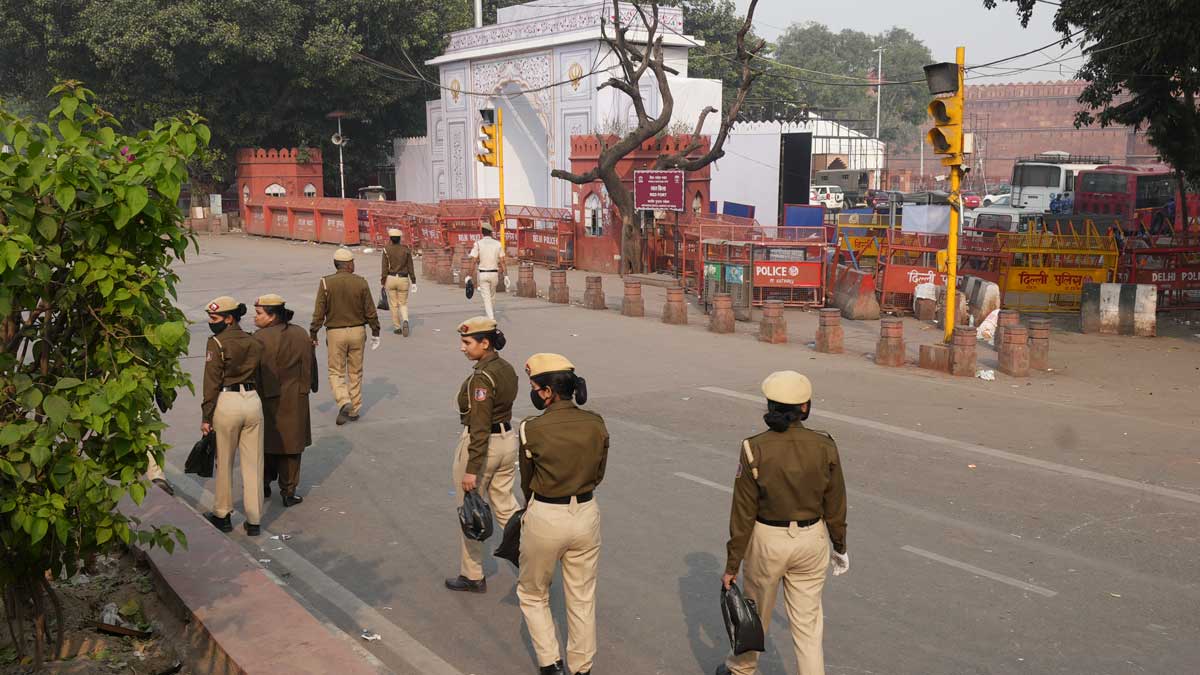Why recovery of three 9mm cartridges from Delhi car blast site leaves investigators puzzled
 Police personnel search for evidence on the premises of Red Fort after the car blast | PTI
Police personnel search for evidence on the premises of Red Fort after the car blast | PTI
In a significant development in the ongoing probe into the November 10 blast in Delhi, the investigators have recovered three 9mm cartridges—two live and one empty—from the site.
According to officials, the ammunition is of a calibre prohibited for civilian possession, which has raised concerns about the source of the cartridges. No pistol or any firearm component was found at the site.
"These cartridges are usually only possessed by the armed forces or those with special permission," police said.
The absence of a corresponding weapon has now prompted forensic experts to examine whether the cartridges were discharged at the spot or brought to the location as part of a staged attempt to mislead investigators.
Officials said the recovery has added a new dimension to the ongoing probe as investigators are also trying to verify whether it was linked to any terror or criminal network.
A slow-moving i20 car exploded near the historic Red Fort on November 10, killing 13 people and injuring over 30 others.
Police have identified the man behind the wheel as Dr Umar Un Nabi, a medical practitioner at the Al-Falah University in Faridabad, who evaded arrest when Jammu and Kashmir and Haryana Police recently busted a terror module in a joint operation.
Nearly a dozen people, including several doctors, have been arrested in connection with the case.
Police recovered around 3,000 kg of explosive materials, including ammonium nitrate, potassium chlorate and sulphur, during their raids in Faridabad.
It has later emerged that the members of the terror module had pooled around Rs 26 lakh to buy explosive substances and spent Rs 3 lakh out of it to purchase NPK fertiliser, which is commonly used to make bombs.
India